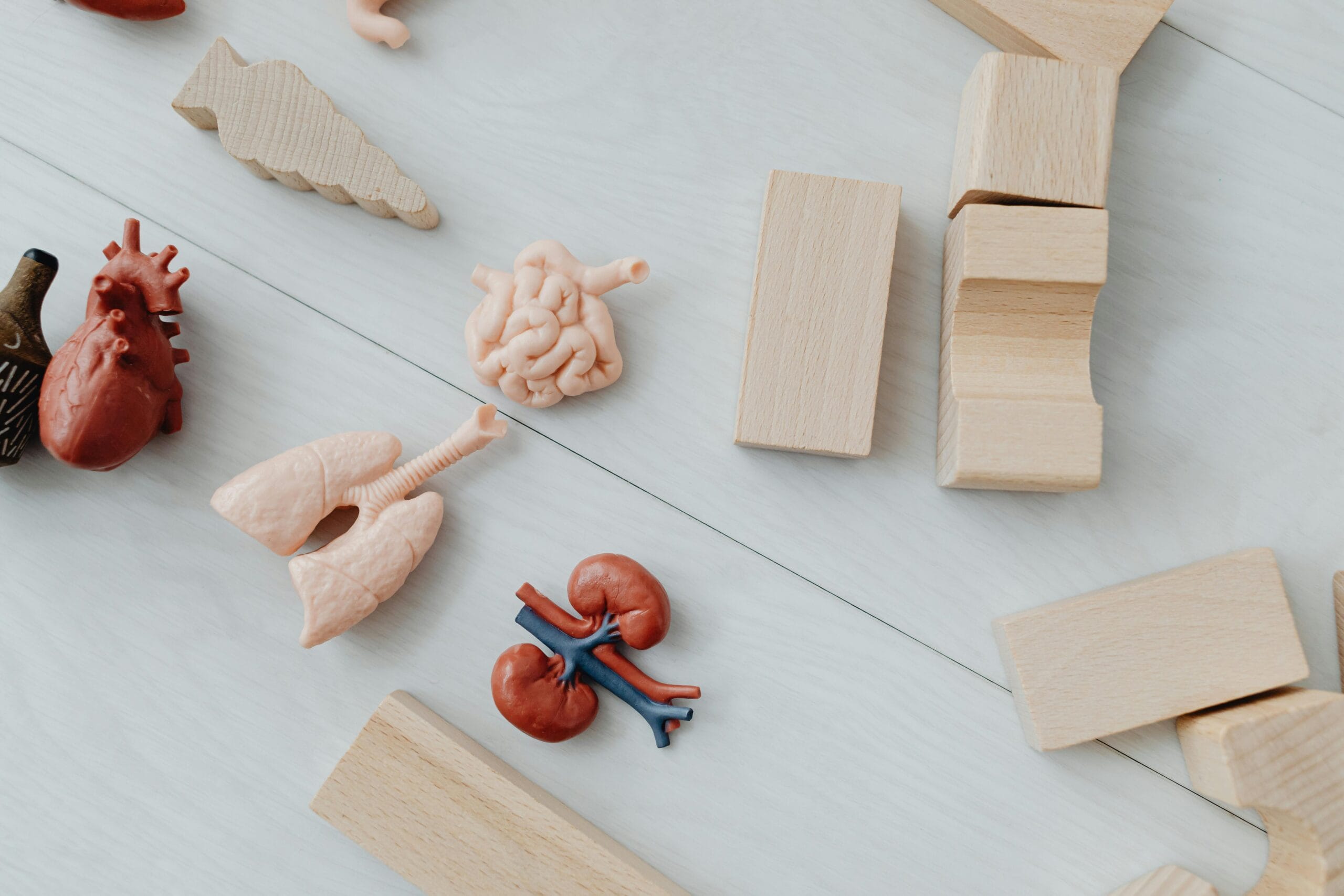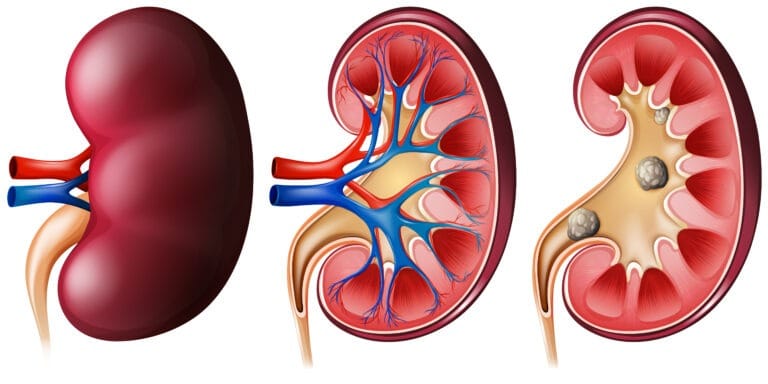
Classes of Drugs That Play a Role in the Body’s Excretory System

The excretory system is a biological system in the body that functions to remove excess substances and waste products to maintain homeostasis, or the internal balance of the body.
How does the excretory system work?
Generally, waste products come from metabolic processes and are expelled from the body in the form of urine, sweat, or feces. Four main organs are involved in the excretory system, namely the kidneys, skin, lungs, and hair. In addition to eliminating metabolic waste, the excretory system also performs other functions, such as regulating blood pH, controlling blood pressure and volume, and managing levels of metabolites and electrolytes, including sodium, potassium, and calcium

The kidneys are organs within the excretory system responsible for urine formation. During urine formation, kidney nephrons filter nitrogenous waste from the blood flowing to the kidneys through the right and left renal arteries. Blood that has been filtered and is now free from waste is then channeled to the inferior vena cava, which will transport deoxygenated blood to the right atrium of the heart. Each nephron consists of a glomerulus and Bowman’s capsule, which play a key role in this blood filtration process.
The blood vessel leaving the glomerulus is narrower than the vessel entering it, creating a hydrostatic pressure gradient that forces water and dissolved substances from the blood out of the glomerulus and into Bowman’s capsule, forming the initial filtrate. This filtrate will then move through the renal tubules and eventually into the collecting duct to undergo reabsorption and secretion processes.

The skin is an organ in the excretory system that expels waste in the form of sweat through sweat glands to cool the body, regulate salt levels, and remove urea. Sweat is a dilute electrolyte solution primarily composed of water but also contains urea, fatty acids, lactic acid, proteins, and other components. Additionally, sweat contains sodium chloride, which aids in the evaporation process.
Suitable Drug for Excretory System Disorders
The drug class that plays a role in the excretory system includes diuretics, which act on the kidneys to increase urine volume and reduce blood pressure in the treatment of edema, as well as for managing acute and chronic congestive heart failure.
Diuretics work by blocking the reabsorption of Na and Cl ions into the blood, preventing water reabsorption and creating osmotic pressure within the tubules, which then pushes water to be eliminated from the body through urine. Diuretics consist of various types that act on different targets but share the same mechanism of blocking salt reabsorption.
Types of Diuretic Drugs
These types include :
- Thiazide diuretics, which act in the distal convoluted tubule.
- Potassium-sparing diuretics, which act in the distal convoluted tubule near the collecting duct.
- Loop diuretics, which act on the ascending loop of Henle.
- Carbonic anhydrase inhibitors, which act in the proximal convoluted tubule.
- Osmotic diuretics, which also act in the proximal convoluted tubule.
To ensure that the medicine you distribute is safe and effective, conduct laboratory tests at IML Research. Test the quality and safety of your medication with reliable procedures to support the health of the body's excretory system optimally.
Please wait for our next article, which will cover more important topics about health and product testing!
Author: Devira, Editor: Sabilla Reza
References:
Fine, H., & Keen, E. N. (1966). The arteries of the human kidney. Journal of Anatomy, 100(4), 881.
Marieb, E. N., & Hoehn, K. N. (2001). The urinary system. Human Anatomy and Physiology (5th ed.), 1003–1039.
Peters, S. (2017). Excretory system. In Springer eBooks (pp. 1–6). https://doi.org/10.1007/978-3-319-47829-6_1287-1.



